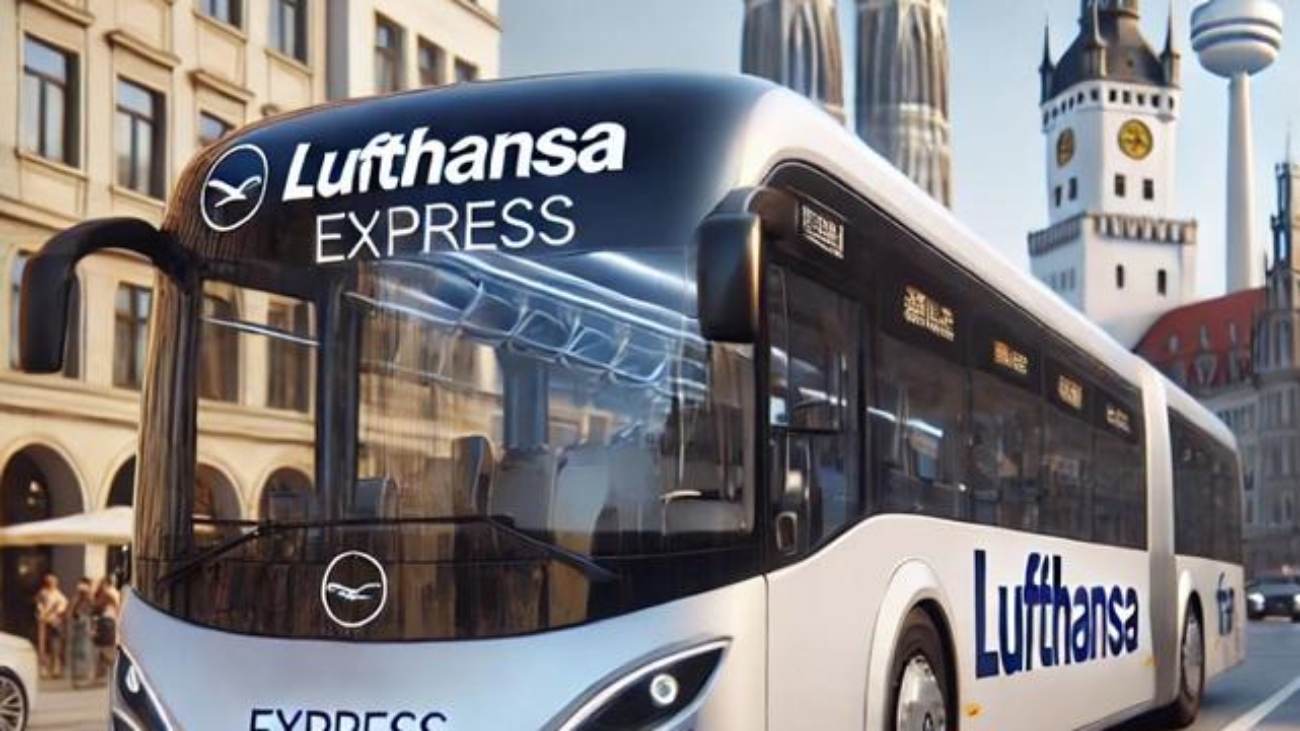The Corona pandemic changed the world and travel in particular. It’s not as easy as it was before 2020 to just hop on a plane and sunbathe on sun-kissed beaches or visit the sights of cities. New terminologies and daily routines have entered our lives due to Covid-19. We are dealing with lockdowns, entry restrictions, mandatory tests, quarantine regulations, and the discussion of compulsory vaccinations for travel.
To complicate things further, each country and in Germany sometimes even each municipality has different rules regarding restrictions.
For travelers ( regardless of whether they are traveling for tourism or business) who do not speak German, this creates significant barriers in a jungle of regulations, information, and often daily news updates.
To bring a bit of light into the darkness, I show you where to find the best (and most trustworthy) information and news about Covid-19 related activities in Munich, Bavaria, and Germany.

Understanding the Situation in Germany
Perhaps you have already noticed it on the sidelines. In Germany, there are no uniform regulations on lockdowns, school closures, and other restrictions on the Corona pandemic.
But why is that?
Simply put, a lot has to do with the federal structure of the Federal Republic. Many competencies have been transferred to the individual states since the founding of the Federal Republic. The federal government is often only able to make recommendations, not regulations. This regularly leads to the fact that there are sometimes significant differences in the fight against the covid virus between the individual federal states. While schools are closed in one federal state, they remain open in another. One state imposes a lockdown, while another relaxes its regulations and reopens stores. Especially during the relaxation phase of the summer of 2020, it was noticed quite quickly that Germany is a patchwork of regulations.
As a traveler who has not usually studied and internalized the structure and historical genesis of this patchwork, this can lead to a great deal of confusion.
Where you can still get good information, even if you do not speak German I show you now.
Information on Covid-19 in Germany
The Robert Koch Institute (RKI) is the most important German institution concerning the covid pandemic. The institute is the German counterpart to John Hopkins University in the USA.
All information from the RKI is highly official and reliable. Therefore, as a traveler, but also as a person living in Germany who does not speak German (e.g. expatriates), you should check the RKI website frequently, as it also provides the latest information in English.
What can you find on the RKI website?
– Daily reports about the current infection situation
– An interactive dashboard with figures and data history
– Information about the German Covid warning app for mobile phones
– Information about the vaccination strategy
– Studies
The Integration Commissioner’s website provides a variety of information on the Corona pandemic in up to 20 different languages. Of course, also in English.
What can you find on the website?
– Information about the Corona warning app
– Information about vaccination
– FAQ about Covid in Germany
– Information about work and study during Corona
– Basic information for travelers
The website of the Federal Foreign Office provides information in English on entry requirements and travel restrictions.
What can be found on the website?
– Information about entry restrictions
– quarantine regulations
– Travel information regarding entry and transit
Information on Covid-19 in Munich and Bavaria
- The US Army Garrison Bavaria, offers translated Covid-Information for US soldiers in Bavaria. This information can also be useful for non-German speakers.
- Unfortunately the official website of the City of Munich doesn’t offer lot’s of translated information about Covid-19. So you actually have to use an online translator to read the news and information regarding Munich.
Travel-related news on Covid-19 for Munich and Bavaria
- The official Munich Airport website offers Covid-related flight-travel information and FAQs concerning entry and departure in English.
- The Deutsche Bahn – DB (German Railways) offers a website in English regarding information on rail-travel during the Covid-pandemic.
- There are specific travel and Covid related information websites from embassies and consulates of different English-speaking countries:
German news ressources on Covid-19 in English
- Deutsche Welle – DW (a public state owned international broadcasting station) offering news about Covid-19 in Germany in English (as well as other news regarding Germany).
- Bayerischer Rundfunk – BR (Bavarian Broadcasting, public service radio and television broadcaster) offers an up to date newsfeed in English about the Covid-19 situation in Bavaria.
- The Local Germany – a private owned European digital newspaper in English (also available for other countries) offers news about Covid and the daily life in Germany





















